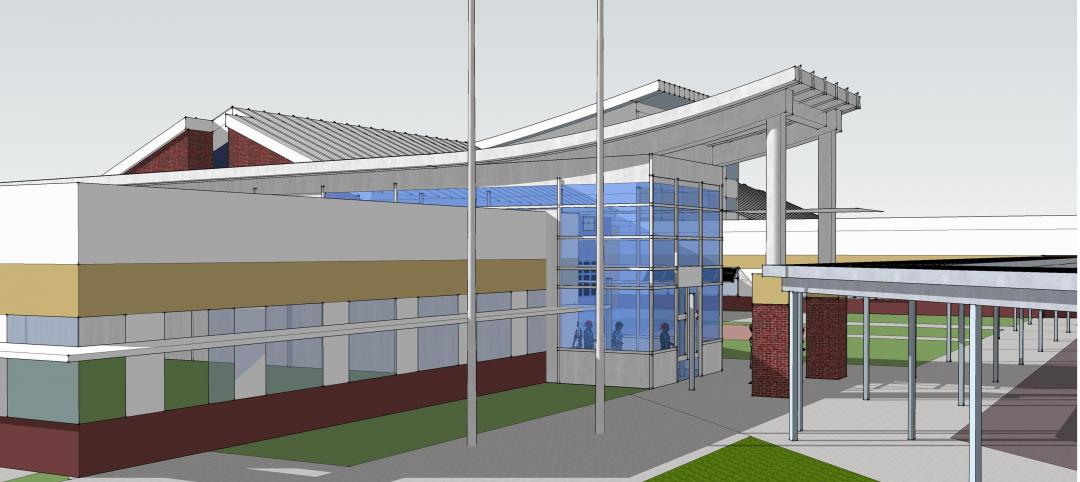Delayed payments are costing both general contractors and subcontractors tens of billions annually, according to a new study.
The study was conducted by construction finance platform Rabbet, formerly Contract Simply, in partnership with Procore Technologies. A similar study by Rabbet in 2018 found that slow payments cost subcontractors $40 billion.
This year, the company added general contractors to the study, and found payment delays cost all contractors an estimated $64 billion. More than 60% of subcontractors said they have decided not to bid on certain projects if the owner or general contractor has a reputation for paying late. Some 72% said they would offer a 1% to 5% discount for quicker payments.
Just 39% of subcontractors said that they are able to cover late payments with cash on hand. Slow payments by owners drive up the cost of projects by about 5.3%, according to the study. Owners also risk mechanic’s liens and project shutdowns when they pay late.
Related Stories
| May 25, 2012
Study: Safety inspections don’t hurt the bottom line
A new study suggests that random safety inspections by regulators help reduce injury claims without hurting profits.
| May 24, 2012
2012 Reconstruction Awards Entry Form
Download a PDF of the Entry Form at the bottom of this page.
| May 17, 2012
New standard for Structural Insulated Panels under development
ASTM International and NTA, Inc. are developing a new standard for Structural Insulated Panels (SIPs) that would create a path for U.S. manufacturers to meet the requirements of the Canadian building code.
| May 17, 2012
Webinar: ‘What Energy Codes and Standards Are Adopted Where and by Whom’
A June 12 webinar by the Construction Specifications Institute will outline what energy codes and standards have been adopted in each of the states for commercial buildings, and what is anticipated to be adopted in the future.
| May 17, 2012
California Governor orders new green standards on state buildings
California Gov. Jerry Brown issued an executive order recently that calls for all new or renovated state buildings of more than 10,000 sf to achieve LEED Silver or higher and incorporate clean, onsite power generation.
| May 17, 2012
New Zealand stadium roof collapse blamed on snow, construction defects
Heavy snowfall, construction defects, and design problems contributed to the collapse of the Stadium Southland roof in New Zealand in September 2010, a report has found.
| May 17, 2012
OSHA launches fall prevention campaign
The Occupational Safety and Health Administration (OSHA) recently launched an educational campaign to prevent deadly falls in the construction industry.
| May 15, 2012
Suffolk selected for Rosenwald Elementary modernization project
The 314-student station elementary school will undergo extensive modernization.













